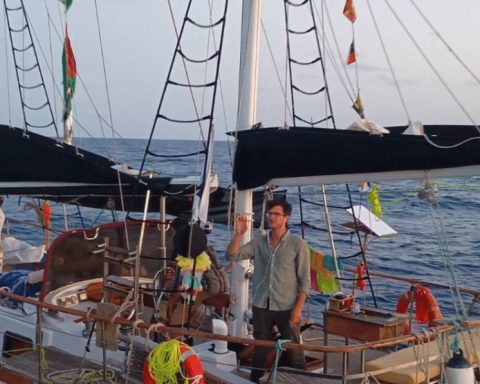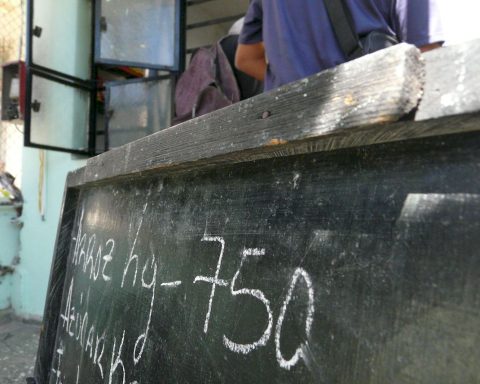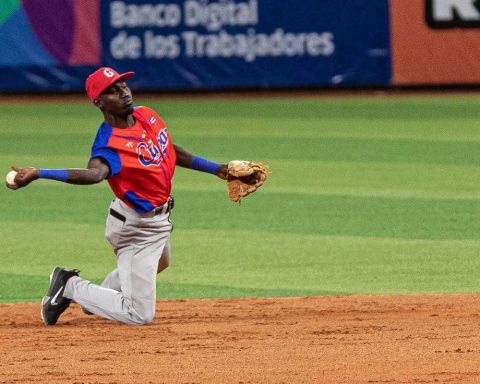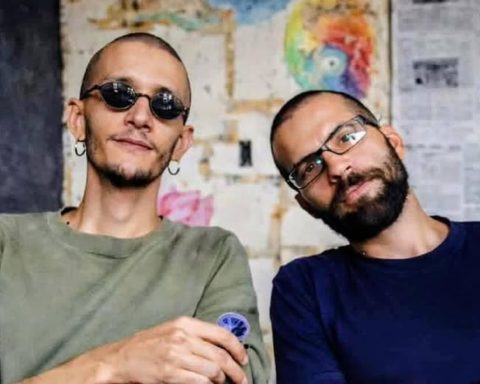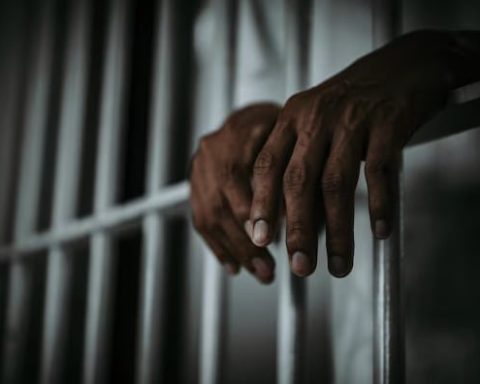“It is an expression that the country is reviving itself,” considered the President of the Republic, Miguel Díaz-Canel Bermúdez, referring to the fact that the Cuban Parliament met again in person at the Palacio de Convenciones, after two years of restrictions caused by the COVID-19 epidemic in the country.
Chaired by Esteban Lazo Hernández, president of the National Assembly of People’s Power and the Council of State, this Saturday’s working session is a reflection of the broad legislative exercise that parliamentarians have continued to develop, despite the complex epidemiological situation that has arisen. lived in Cuba in these months.
On this occasion, the Cuban deputies are analyzing four draft laws: of the Military Courts; of the Military Penal Process; Territorial and Urban Planning and Land management; as well as the Family Code.
When presenting the first two projects, the president of the People’s Supreme Court, Rubén Remigio Ferro, commented on the impact that the process of consultation with the members of the Assembly had in their updating. Both texts, he said, are in complete harmony with the laws approved by this Assembly in its previous session, held last October. “They were built respecting the constitutional precepts of the country regarding the administration of justice.”
According to the information provided by Remigio Ferro, 162 new criteria emanated from the consultation with the deputies, specialized institutions, and organizations. “All the criteria of the deputies were reconciled with them,” he said.
In general, he explained that several articles were added, although most of the updating of the projects corresponded to editorial changes to facilitate understanding of the documents.
What distinguishes these two bills?
Military Courts Law
The independent and impartial character of the judges and courts in the performance of their functions is reaffirmed (Articles 148 and 150 of the Constitution).
The practice is reinforced that most conflicts are resolved, in the first instance, by the military courts of the region.
The procedures for the election, appointment and transit of professional judges through the different judicial bodies and instances (judicial career), are explicitly and transparently regulated, and are equated with those established for civil jurisdiction.
The participation of lay judges in acts of administration of justice is regulated with greater objectivity and rationality.
The lay judges of the military chamber of the Supreme People’s Court are elected by the National Assembly of People’s Power.
The lay judges of the rest of the courts are elected by the municipal assemblies of the People’s Power.
They participate in the processes in accordance with the needs of the judicial service (they attend the judicial body when objectively required).
Criminal Procedure Law
It expands the regime of access, communicability and participation of the accused or accused, his defender, the victim and the third party in all phases of the military criminal process.
The guarantees for the exercise of the right to defense are strengthened, such as knowing the accusations against and appointing a lawyer from the beginning of the process, proposing evidence, examining the file, participating in investigation procedures that require it, and others.
It is specified that the military criminal process begins from the moment the acting authority informs the alleged perpetrator of the charges against him, which must be carried out, if the person is detained, within 24 hours of his arrest. detention and, if released, within five days of receiving the complaint.
It is foreseen that the military prosecutor can dispense with the criminal action, in reckless and intentional crimes, whose sanctioning framework does not exceed five years of deprivation of liberty.
The exceptional nature of the use of the precautionary measure of provisional imprisonment is regulated with greater precision, and judicial control – of the military courts – over the relevance of its imposition and permanence in time is reinforced.
The rights and guarantees of the victim or injured party are reinforced, including appointing a lawyer to represent him, proposing evidence and attending the trial as an assistant to the prosecutor. Likewise, it is conferred the possibility of exercising civil action for compensation or compensation for damages, and others.
The possibility is established for the accused and his defender to express their agreement with the accusation and the sanction requested by the military prosecutor’s office. The military court can issue a sentence without the need for an oral and public trial.
Rules of procedure are created for the trial of minors under 18 years of age.
It makes it possible to exclude illegal evidence or annul procedural acts that violate constitutional guarantees or are executed with non-observance of the formalities provided for in the law, causing damage to the intervening parties.
It improves the system of appeals against judicial decisions, establishes the appeal against the judgments of the military courts of the region, and modernizes the appeal, its causes and effects.
Urbanism and Land
On the morning of this Saturday, in the meetings of the deputies prior to the 8th regular session, a preliminary analysis of the project of the Law of Territorial and Urban Planning and Land Management was carried out.
Diana Rosa Suárez, legal director of the Institute of Territorial and Urban Planning, explained in the presentation of the legislation that it has no antecedents in the country. These areas were previously governed by a decree law of 1978, now obsolete.
The project reaches the National Assembly of People’s Power after a wide exchange with deputies, organizations, universities and the population, consultations that led to the incorporation of around a hundred changes to the initial draft.
According to Dr. José Luis Toledo Santander, president of the Parliament’s Committee on Constitutional and Legal Affairs, the proposal has been one of the ones that has elicited the most opinions among the deputies in recent years.
